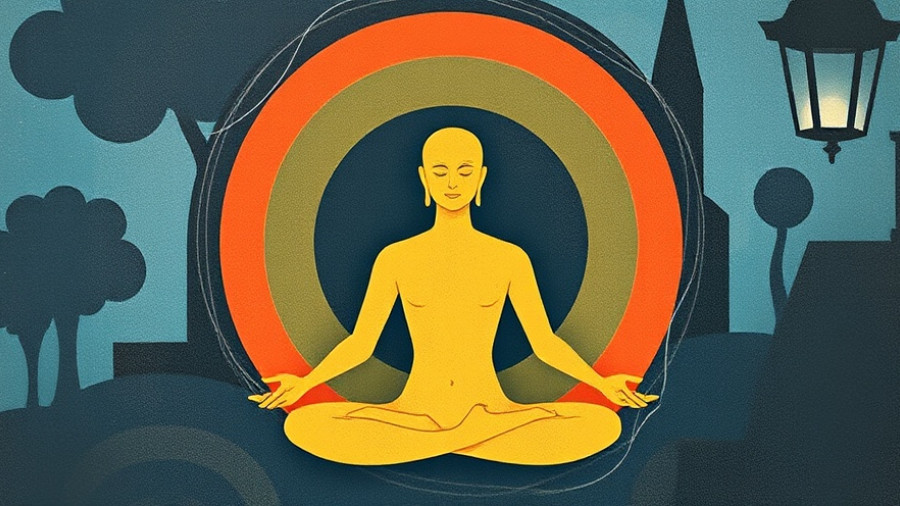
The Self-Improvement Trap: Embracing Mindfulness
In a society constantly pushing for self-betterment, the conversation around mindfulness has gained considerable traction. While studies reinforce the benefits of mindfulness—including stress reduction, coping with illness, and improved mental health—there exists a pervasive misconception: mindfulness is simply another tool for self-improvement. What if the true essence of mindfulness lies not in achieving results but in embracing the present moment as it is?
The Science Behind Mindfulness
Research consistently showcases the power of mindfulness to enhance overall well-being. It has been shown to mitigate anxiety disorders, ranging from generalized anxiety disorder to specific phobias. However, fixating on the scientific validation of its results can lead practitioners to miss the core of mindfulness—acceptance and presence. Instead of seeing mindfulness as a means to an end, it is vital to recognize it as a practice of being, where improvement happens naturally without concentrated efforts on achieving specific goals.
Let Go of Expectations: Cultivating Acceptance
As noted by mindfulness advocates like Jon Kabat-Zinn, the practice is about fostering a way of being, not merely a technique to attain better mental health. This idea aligns with Buddhist principles, emphasizing the importance of letting go rather than clinging to outcomes. In fact, many who practice yoga and meditation report that they experience profound changes in their mental health not through active striving, but through acceptance of the current state of being. This paradox illustrates that mindfulness can produce transformative results when the pressure to 'achieve' is abandoned.
The Role of Attachment in Our Lives
Our societal ties to performance and success can create an unhealthy attachment to outcomes. As referenced in teachings by Dr. Mark Epstein, our fixation—be it a result of societal expectations or internal narratives—limits our capacity for happiness and inner peace. The question arises: what would happen if we released our emotional currency from outcomes? Letting go does not signal apathy; rather, it encourages fulfilled living where joy emerges organically, stemming from a foundation of self-acceptance.
Strategies for Letting Go of Attachments
Several strategies can aid individuals in practicing non-attachment, which is central to mindfulness:
- Perspective Shifts: Engaging with experiences from a broader perspective can allow individuals to step outside their expectations. Psychologist Dr. Rick Hanson suggests adopting a reflective approach, seeing what our attachments reveal about our needs while evaluating their realism.
- Mindfulness Exercises: Techniques like the 5-4-3-2-1 method can ground individuals in the present, moving their focus away from anxieties related to past or future expectations.
- Supportive Relationships: Surrounding oneself with supportive peers or engaging in counseling can facilitate the process of letting go. Engaging with support systems allows for shared experiences and emotional resilience, which enriches personal growth.
Mindfulness as a Pathway to Community Connection
Besides personal benefits, practicing mindfulness engenders connection with others. Research shows that awareness practices can reduce the stigma around mental health struggles, particularly among youth and communities less likely to seek help. When individuals share their journeys toward acceptance, it fosters a collective understanding of the shared human condition—an essential aspect of healing.
A Call to Action for Embracing Mindfulness
So how can we collectively reduce the pressure of high expectations while embracing the fullness of our present experiences? It starts with acknowledging the blaring narrative around self-worth often tied to achievement. Mindfulness can serve as a robust support to soothe anxiety and enhance emotional regulation when integrated into daily life.
If you're ready to cultivate a mindset of acceptance and presence, explore mindfulness techniques and support networks. Change begins with each of us letting go of the stressors that weigh down our mental health. Let's begin this journey together, one mindful moment at a time.
 Add Row
Add Row  Add
Add 




Write A Comment